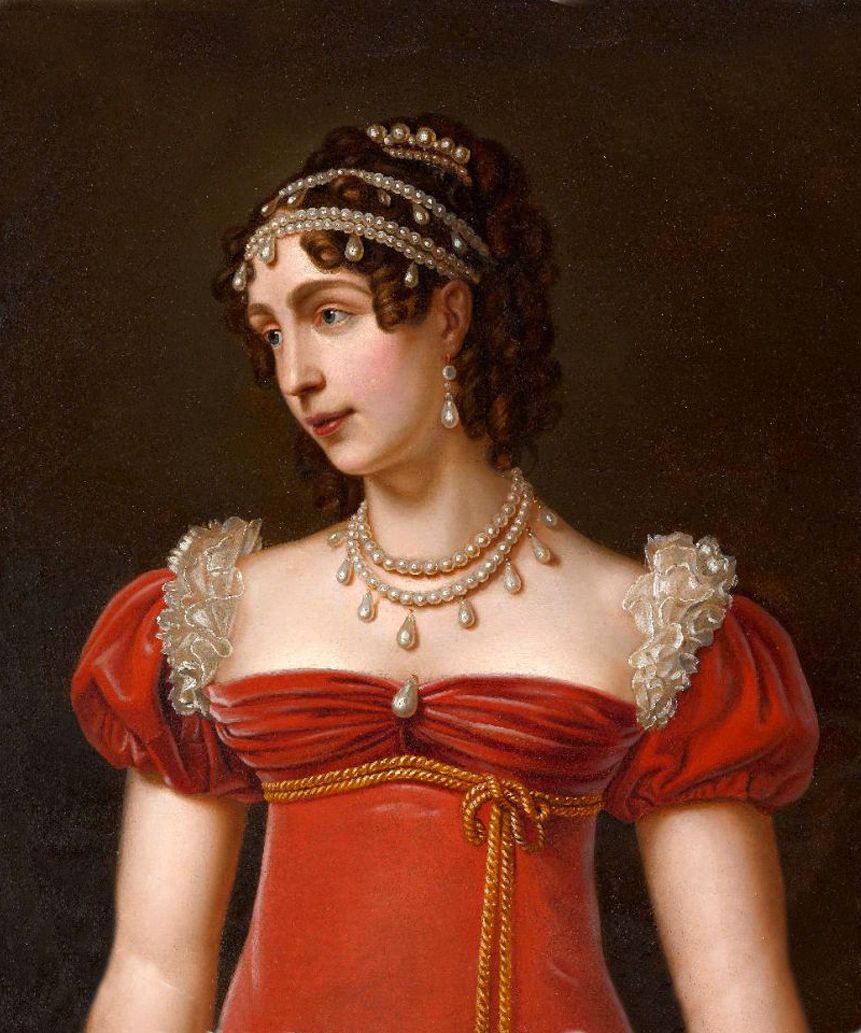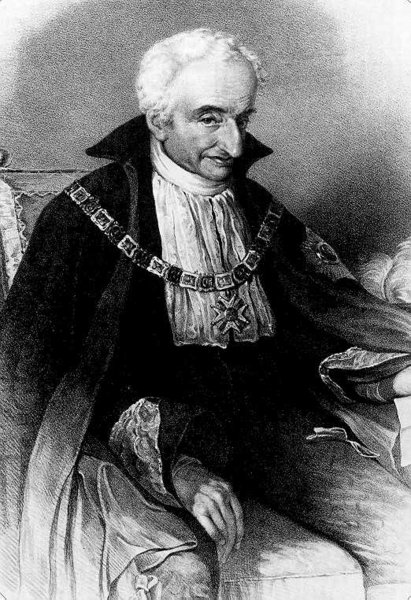Name:
The Kingdom of France
Leader:
Charles X
History:
Following Napoleon's defeat in 1822 France was brought to bare for the crime of Napoleon. Though through the guidance and the protection of France's arch-conservatives such as Talleyrand it would not be punished too severely. Assured that Napoleon Bonaparte was permanently ensconced on a distance island and would not be returning to Europe any time soon, the House of Bourbon was restored with the full confidence of the diplomatic parties lead principally by the English, the Russians, the Austrians, and the restored Prussian monarchy. They would demand of the Bourbons however that they do not let another Napoleon rise again, and restored France to its borders before the Revolution of 1789. Then they levied upon it the debts of the wars since the last restoration, and all of Napoleon's occupations.
The Bourbons returned to a France disintegrated and demoralized from Napoleon's defeat and swift occupation by British forces. Its political institutions were a mess, and many of the old palaces of the Ancien Regime were in ruin. The restored Louis XVIII had much work ahead of him to construct a new government and begin on repaying the debts imposed upon France. Resigning himself to the governing stipulations of the London Congress of 1822 Louis XVIII rapidly assembled a provisional assembly, passed a provisional constitution, and a final constitutional-charter to rule all of France. In it an assembly of peers would be elected on a rotating basis for six years and would serve to draft and propose laws to the king, and approve ministerial appointments. However, the king would sit as the head of state and chief executive of the restored monarchy and had powers over the army and even the ability to veto without restriction the protests of the assembly for his appointment of ministers, in particular his appointments of chief minister. However in trust that their king was noble and just it was passed and made into law and the first government under Talleyrand was assembled and work began.
Louis XVIII's reign was moderate and liberal, compared to his successor to come. He opened the press and let freedom run in ink and was liberal and fair minded to the rights of freedom to assembly. He answered the issues facing France's finances by removing the aristocracy's privileged freedom from taxation, but permitted the continuation of their own social freedoms as nobles and opened legal bodies to determine the restoration of property seized during the revolution and by Napoleon to be returned to their former owners; with an eye to minimizing compensation. He reorganized the army, throwing out the Bonapartist officers and filled the ranks with supporters of the Bourbon thrown. Before his death in June 1825 he replaced Talleyrand with Jean-Baptiste Séraphin, count of Villèle.
Louis XVIII's death was tragic, but not unexpected to the French nation. He had departed with the army to help in restoring the pre-Napoleonic dynasty to Spain but spent much of the campaign sequestered in numerous villas in the Spanish countryside, ailing from complications stemming from his obesity, gout, and all matters of internal and external ailments. Surgeons washed and dressed his body, and he was returned to Paris to be buried at the Basilica Cathedral of San Denis after a brief period of public display.
Louis XVIII's brother, Charles X inherited the throne after him and initially promised to continue the moderate reform policies of his older brother but within the year was showing signs of turning hard to the right of him. Doubling down on campaigning, he followed the invasion of Spain with interference in Algeria, promoting an insult by the Dey of Algeria when Charles refused to repay the kingdom any more for Napoleon's conquest of Egypt. Spurned by the promise to end payments, Hussein Dey expelled the French consulate and Charles X invaded in early 1826 scoring swift victories against Algerian forces.
The war however was not popular in France and especially the opposition press which claimed that the war in Algeria was only a burden to the government coffers and decried the move as illegitimate, that Charles had provoked it. However the king was not swayed, and answered by placing limitations on the press that grew until it became absolute and all but the loyalist press was allowed to publish, though leaflet and pamphlet campaigns began to blanket Paris and continue to this day. Charles used this to exert influence on the Chamber of Deputies and replaced the count of Villèl as prime minister with Jules Auguste Armand Marie, count of Polignac; a fellow ultra ally in government. The two of them conspired to continue the full restoration of the old regime and the eventual doing-away with the Chamber of Deputies and began a restoration of the old rights. Passing laws to make it punishable by death to steal sacramental bread, a total abolition of the right to assembly, and the outlaw of liberal politicians from all government posts. Charles X did away with the court bodies overseeing the restoration of property to the French emigrants that had fled the revolution and simply called that all Frenchmen who had fled the revolution would have their properties fully restored to them; although they would no longer be free from taxation.
His escalation into absolutism was far from without its critics and the whispering circuits of Paris began to churn again with all the old rumors and stories from the pre-revolutionary days about Charles X. That he was an unfaithful husband to his departed wife, that he was infertile and sexually incapable, that he had a love affair with Marie Antoinette; how could one cuckold his own brother? New rumors emerged, that he was a secret Austrian, since he never remarried he was actually homosexual. The whispers and rumors that reached Charles X's ears infuriated him and he ordered the secret police he had organized behind Louis XVIII's back to investigate and punish the traitors in Paris, often ordering them tried on all manners of crimes on top of sedition and illegal press.
The attacks however didn't stop and more and more attacked the king went into solitude and left more and more the affairs of government to Jules Auguste and the ministry. When he often went to the theater he would do so in secret and disguised as someone else in his government. He let his secret police run rampant in Paris, committing their own extended white terror, the second since the restoration of the Bourbons. And among it all, Charles X simply retired, dissatisfied but unwilling to let go.
In the year 1836 he is an old man, reported ill of health and unsound of mind; although rarely is anyone permitted to see him, especially alone. Never is he out in public.









